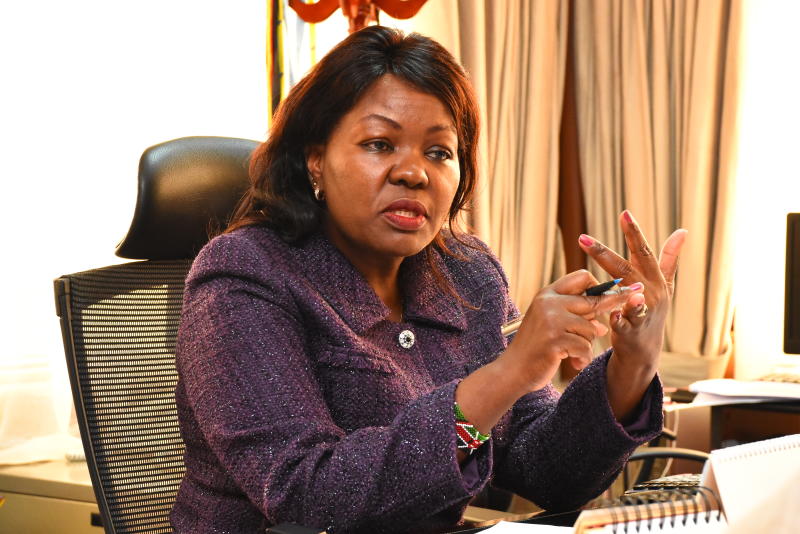×
The Standard e-Paper
Join Thousands of Readers

Janet Mucheru does not pass for your ordinary career civil servant.
She, however, is, and has scaled the ladder in the civil service in a career spanning 30 years to the critical position of director of civil registration services.